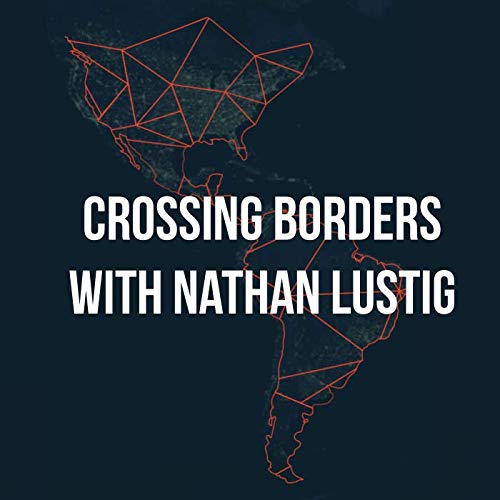Caterine Castillo, Neivor: Streamlining real estate administration in Latin America, Ep 153
In Latin America, a building manager typically has to handle thousands of apartment units and tenants. This means simultaneously dealing with building maintenance, reconciling payments, and meeting tenant and landlord requests. Currently, this is done manually with pen and paper, maybe an Excel spreadsheet or through WhatsApp which leads to inefficiencies and unhappy residents.
Caterine Castillo, Neivor’s co-founder and CEO, is trying to make living in Latin America’s apartment buildings and condos better. Neivor is a vertical SaaS platform that simplifies condo fee collections and streamlines management and communication between residents, property owners, and building managers. Neivor processes tens of millions of payments per month and help manage 3000+ apartment buildings in Mexico, Colombia, and Ecuador.
I sat down with Caterine to talk about the pain points of property management in Latin America and the differences in Neivor’s reception between the Colombian and Mexican markets. We also talk about her experience in finance before becoming a founder and what it was like fundraising for the first time.
Growing Neivor’s team
One of the biggest lessons Caterine learned from working at corporations was managing large teams. These skills are extremely critical in Neivor’s roadmap with a team that is currently growing from 18 employees to 75 in under a year. Caterine also explained that hiring won’t solve a company’s problems immediately. It’s important to understand that people are managing a big learning curve when they join a new team.
Listen to this episode of Crossing Borders to learn more about Caterine’s main takeaways from her experience working in corporations.
The importance of connections in VC Caterine’s first fundraising experience was with Neivor. She explains that having a great solution and an underserved market with low-hanging fruit sometimes isn’t enough. Having the right connections is key. She had connections in the corporate world, but not in the VC world. Besides funding, Caterine considers that those first warm introductions are game-changers for any entrepreneur that is new to the space.
Learn more about Caterine’s fundraising journey with Neivor and the connections that were key to their growth in this episode of Crossing Borders.
Property management: Colombia versus Mexico Expanding to a new market in another country involves a lot of risks. Consulting with others who have done it before can be really helpful. However, there’s so much more insight that can be gained from being on the ground and talking to clients before making a decision to expand. During her time in Mexico, Caterine discovered that their target market was much more receptive to Neivor’s product, requiring a different marketing approach than in Colombia.
Check out this episode of Crossing Borders to learn more about the differences between the Colombian and Mexican property management markets.
Caterine Castillo brings her expertise in business development, sales, marketing to propel Neivor’s solution forward in Latin America. Her innate passion for team building and creating solutions that disrupt the market will be key to Neivor’s success.
Outline of this episode:
- [2:34] - About Neivor
- [5:20] - Dealing with fraud
- [6:35] - Where Neivor operates
- [7:02] - Becoming an entrepreneur
- [8:20] - From fintech to founder
- [9:14] - Biggest lessons learned in fintech
- [10:24] - Growing Neivor’s team
- [13:40] - Fundraising process
- [15:30] - Jumping to Mexico
- [18:00] - How to sell in Mexico
- [20:27] - Books, blogs, and podcast recommendations
- [21:20] - Caterine’s advice to her younger self
- [22:09] - What’s next for Neivor?
Resources & people mentioned:
- Caterine Castillo
- Neivor
- Books: The Hard Thing About Hard Things, Lean In
 37 分
37 分 29 分
29 分 35 分
35 分 2021/10/2123 分
2021/10/2123 分 35 分
35 分 44 分
44 分 33 分
33 分 2021/08/2644 分
2021/08/2644 分